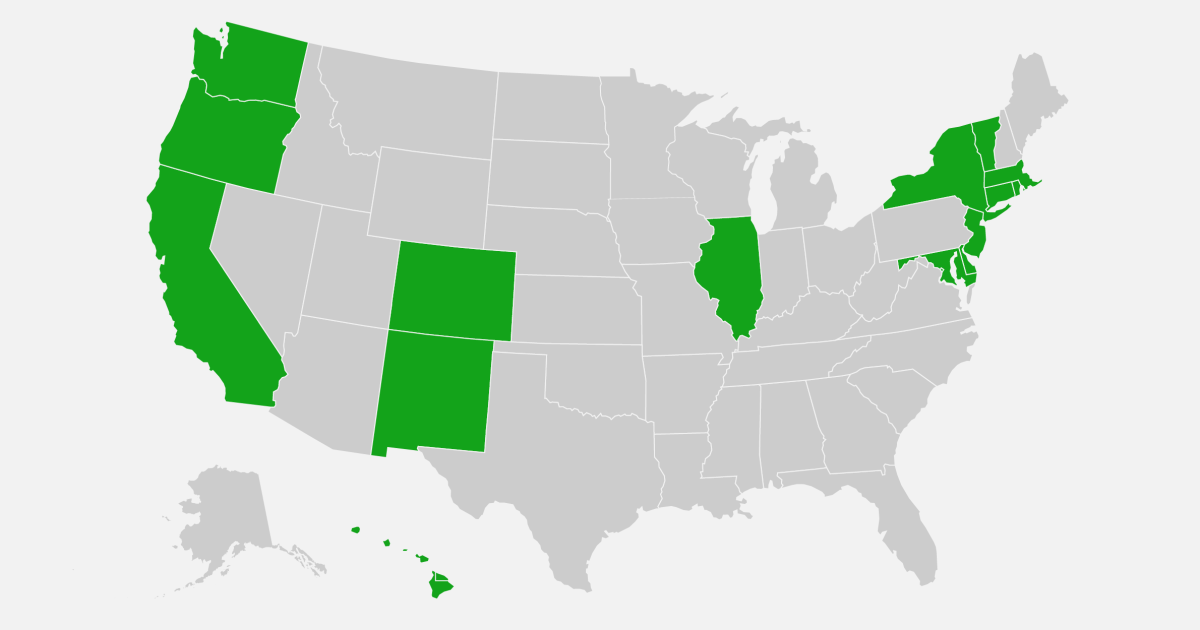MasterM64
🍀 Mayor of PARADISE 🍀
I assume someone has already mentioned the things I am about to say, but I think the electoral college has a purpose and should stay. It balances the representation of the people/electorate just like why we have the House of Representatives and the Senate. The House represents higher populace states more while the Senate levels the playing field amongst state representation so all voices are heard regardless of where their constituents live.
If the Electoral College does change though, they could do it by congressional district instead of a "winner takes all" approach like most states have it currently if representation is of concern. The only issue with doing it by congressional district though is that it could encourage corrupt practices like gerrymandering more which would defeat the purpose of proper representation of the people.
The reason why the U.S. Constitution is the world's longest living/used government document is because it was designed to be balanced to prevent one ideology or power from taking over real easily. Gradual change is far better than drastic change when it comes to the unity of the people. Sure the Constitution needed changes after the fact like allowing women to vote and abolishing slavery (the founding fathers had to compromise on this latter item to even get the Constitution ratified knowing that it would have to be addressed in the future and that it would be addressed better by a unified people), but the general thought process of balance still is the core principle.
If the Electoral College does change though, they could do it by congressional district instead of a "winner takes all" approach like most states have it currently if representation is of concern. The only issue with doing it by congressional district though is that it could encourage corrupt practices like gerrymandering more which would defeat the purpose of proper representation of the people.
The reason why the U.S. Constitution is the world's longest living/used government document is because it was designed to be balanced to prevent one ideology or power from taking over real easily. Gradual change is far better than drastic change when it comes to the unity of the people. Sure the Constitution needed changes after the fact like allowing women to vote and abolishing slavery (the founding fathers had to compromise on this latter item to even get the Constitution ratified knowing that it would have to be addressed in the future and that it would be addressed better by a unified people), but the general thought process of balance still is the core principle.
